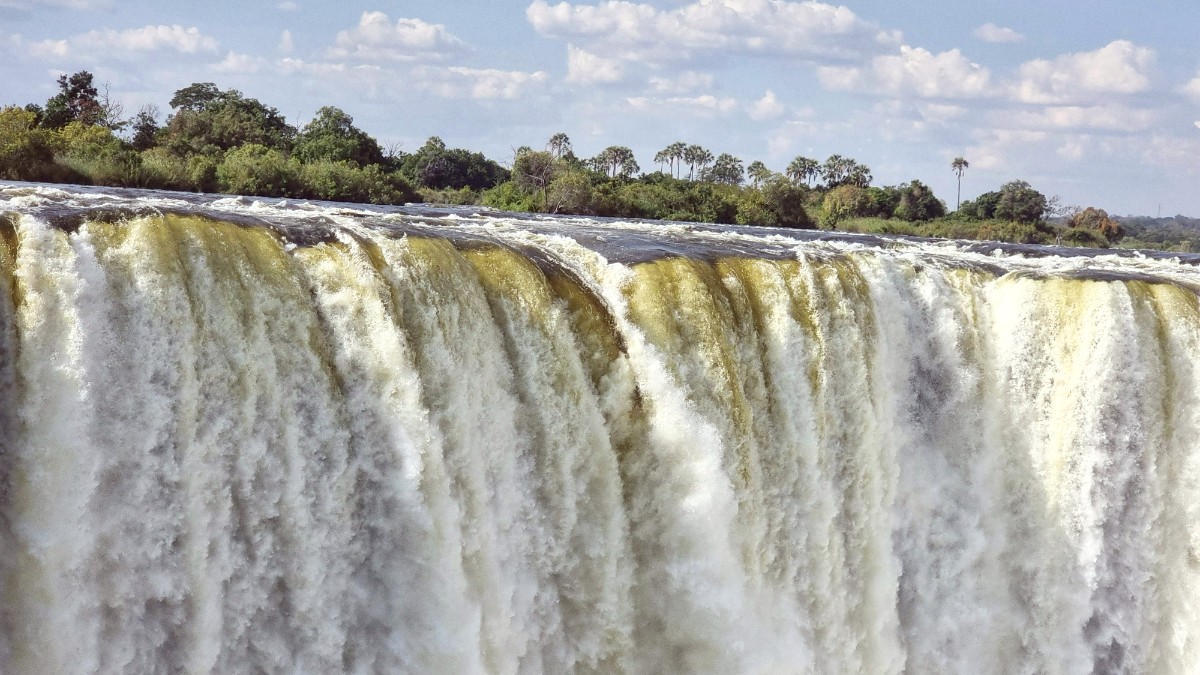
Victoria Falls and surrounds within national parks: Victoria Falls, Zambezi, Mosi-oa-Tunya. These areas protect the falls ecosystem and its diverse wildlife.
Waste management infrastructure can be limited. Avoid litter, especially plastic. Carry out what you carry in.
Water is a precious resource. Use water mindfully. Take shorter showers and reuse towels to conserve water.
Explore ways to minimize your ecological footprint and support conservation efforts.
Look for lodges and operators with stated environmental policies, certifications, or community involvement.
Many lodges in safari areas focus on low environmental impact, using renewable energy or managing waste responsibly.
Consider offsetting carbon emissions from international flights. Some airlines or third-party organizations offer carbon offsets.
Offset your travel carbon footprint with Terrapass.Minimize single-use plastics. Use a reusable water bottle. Recycling facilities are not widely available.
Find reusable travel products at Package Free Shop.Minimize your footprint by reducing waste, conserving water, and supporting eco-friendly businesses.
Interacting respectfully with local communities and their traditions creates positive and meaningful experiences for everyone.
Support cultural initiatives that genuinely benefit local communities. Visit ethical village tours.
Learn a few basic local phrases. Ask permission before taking photos of individuals. Be patient with cultural differences.
Respect people's privacy. Do not photograph children unless you have explicit permission from a parent or guardian.
If you visit any local churches or community gatherings, dress modestly and behave respectfully.
Stay in locally owned accommodation. Eat at local restaurants (where hygiene is acceptable).
Hire local guides and taxis. These choices make your money circulate within the community.
Buy crafts from recognized markets or centers where artisans benefit directly from sales. Negotiate prices fairly.
Engage respectfully with communities, support local businesses, and be mindful of cultural norms and photography.
Your spending choices directly influence the local economy.
Support tours or activities that directly employ and benefit local people and communities. These empower local residents.
Buy crafts from recognized markets or centers where artisans benefit directly from sales. Negotiate prices fairly.
If you wish to donate, research local charities or community projects (like schools or health clinics).
Donate through established organizations rather than giving cash to individuals. This ensures accountability.
Avoid giving money directly to begging children; support schools or community projects.
Avoid giving money directly to begging children; it is better to support schools or community projects that address root causes.
Your spending decisions directly influence local livelihoods. Support businesses that benefit the community.